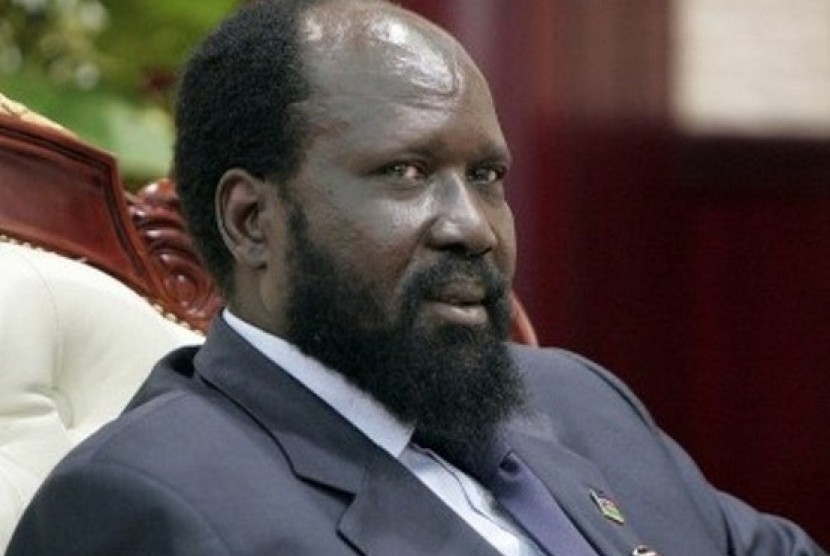REPUBLIKA.CO.ID, NAIROBI -- About 190,000 South Sudanese have been uprooted since deadly clashes between conflicting parties within the Sudan People's Liberation Movement/Army (SPLM and SPLA) broke out in Juba on Dec. 15, a UN refugee agency said.
The UNHCR said more than 180,000 South Sudanese have fled their homes and some 10,000 have crossed into neighboring countries.
UNHCR Africa Operations Manager Oscar Mundia said the continual delivery of aid is crucial, adding that the safety of the agency's staff and the people they serve comes first.
"But we can also use our national and refugee networks to find alternative ways to provide assistance when it is absolutely necessary," Mundia said in a statement received on Wednesday.
The UN refugee agency said it is extremely concerned about the tens of thousands of people caught up in or uprooted by the fighting in South Sudan., noting that continued fighting and insecurity make access to these people challenging, and in some cases impossible.
The conflict, which has now spread to seven of South Sudan's 10 states, has also made conditions more difficult for aid workers.
As a result, the UNHCR said, it has had to scale down operations in some regions though, despite the danger and difficulties, more than 200 of its national and international staff remain in South Sudan.
"And together with partners, they are continuing to assess humanitarian needs and deliver aid to existing and new internally displaced people (IDPs) and refugees within the country," Mundia said.
Since the fighting began, UNHCR staff in neighboring countries have been preparing for the arrival of new refugees.
"As of Dec. 30, a total of 4,693 South Sudanese had arrived in Ethiopia, 3,563 in Uganda, 950 in Kenya and at least several hundred in Sudan," the UNHCR said.
The conflicting parties -- in contact with the IGAD special envoys -- have agreed in principle to cease hostilities and picked their teams to negotiate a monitored ceasefire and further steps.
This is in line with the decisions of the 23rd Extraordinary IGAD Summit of Dec. 27 which gave South Sudan parties involved in the ongoing conflict four days to cease hostilities.
The regional leaders had condemned all unconstitutional actions aimed at destabilizing democracy and the rule of law in South Sudan and asked all parties in the conflict to accept a monitoring, verification and stabilization mechanism.
In its statement, the ministry said the Kenyan government has also steadily evacuated citizens who felt unsafe enough to want to return home, noting that the Kenyan Embassy in Juba has been extremely active in this operation.
The fighting and insecurity mean that in some cases UNHCR staff and partners have limited or no access to border areas, such as between South Sudan and Sudan.
"That's why working with partners is vital. We can monitor what is a fast-changing situation and confirm or dismiss reports of movements we may hear," Mundia said.
"We are also working with national governments to be ready to receive and assist the new refugees, offering them safety and protection."
The UN agency said it was focusing on child protection as family members are sometimes separated and lost when they have to flee fighting rapidly or with little notice.


